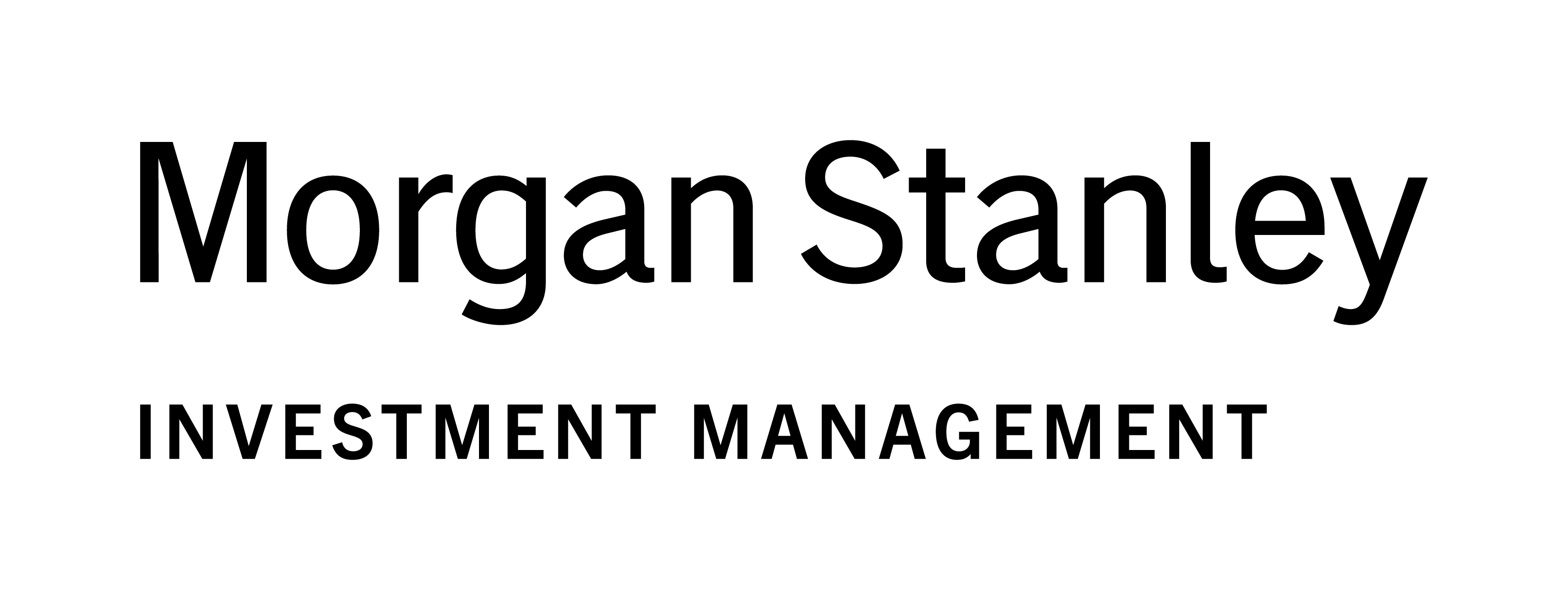How we evaluate products
Responsible Investment strategies, processes, practices and disclosures are assessed against the eight criteria for product certification in the Responsible Investment Standard and accompanying Guidance and Assessment Notes.
What are the requirements?
In order to certify products as certified responsible investments, RIAA assesses them against its RI Certification Standard. The Certification Standard is underpinned by eight requirements that act as the guiding principles of the RI Certification Program. Since its inception the RI Certification Standard has evolved significantly, reflecting the dynamic evolution of responsible investment. These eight requirements are:
- RI strategies are formal, disclosed, consistent, auditable and fit for purpose
- Labels are clear, honest and not misleading
- Product avoids significant harm
- Discloses full holdings, performance, sustainability outcomes and engagement and voting practices
- Managed by active stewards, and managers can detail the stewardship practices and outcomes
- Organisation has formal commitment to responsible investment
- Organisation provides educational information to members and customers about RI strategies
What this symbol means

General certification: This Symbol signifies that a product or service offers an investment style that takes into account environmental, social, governance or ethical considerations, and that it adheres to the operational and disclosure practices required under the Responsible Investment Certification Program for the category of Product.
<span class="text-size-xxsmall">The content on this webpage is provided by Responsible Investment Association Australasia Ltd (ACN 641 046 666, AFSL 554110). For more information refer to our Financial Services Guide. Certain content provided may constitute a summary or extract from the offer document of a financial product. Any general advice has been provided without reference to your investment objectives, financial situation or needs. If the advice relates to the acquisition of a particular financial product for which an offer document (such as a product disclosure document) is available, you should obtain the offer document relating to the particular financial product and consider it before making any decision whether to acquire the product. Past performance does not necessarily indicate a financial products’ future performance. To obtain information tailored to your situation, contact a financial adviser.</span>
Themes & Issues
Society
Environment
<span class="text-size-xxsmall">For RIAA’s definitions of the themes included and issues avoided, please view this guide. Product-specific exclusion criteria and practices may vary. You can find these by referring directly to the product provider.</span>
Overview
Investment and ESG related restrictions
The Global Sustain portfolio will exclude investments in any company that:
• as classified by the MSCI ESG Business Involvement Screening Research database (“MSCI ESG BISR database”), has any tie to fossil fuels (such as oil, gas, or coal);
• has as its Global Industry Classification Standard (“GICS”) energy, construction materials, utilities (excluding renewable electricity and water utilities) and/or metals and mining; or
• for which GHG emissions intensity estimates are not and/or cannot be estimated (in the Sub-Investment Manager’s discretion).
The remaining companies will then be ranked according to their GHG emissions intensity estimates, and those with the highest emissions intensity excluded from the Reference Universe in accordance with the MSCI ESG BISR database and MSCI GICS classification. This process should collectively result in a reduction of the Reference Universe by at least 20%. The GHG emissions intensity reduction target of the strategy is to seek to be at least 50% lower than that of the Reference Universe on the basis of Scope 1 and Scope 2 emissions.
In addition to the exclusions set out in the preceding paragraph, the Sub-Investment Manager will not knowingly invest in any company whose core business activity (more than 10% of a company’s revenues) as classified by the MSCI ESG BISR database involves the following:
• Alcohol;
• Adult entertainment;
• Civilian firearms;
• Gambling; or
• Weapons.
The Sub-Investment Manager will exclude investments in all companies generating greater than 0% revenue as a ‘tobacco producer’ and further exclude any company that generates more than 5% of its revenue from tobacco-related business activities as classified by the MSCI ESG Business involvement Screening Research database.
The Sub-Investment Manager will exclude investments in any company that has any tie to nuclear weapons and shall exclude investments in any company that is defined by the MSCI ESG Business Involvement Screening Research database to have any tie to controversial weapons.
Where the portfolio holds securities in a company that, after the date of purchase, ceases to meet the requirement of this section “Investment and ESG related restrictions”, then such securities will be sold within a reasonable period taking into account the best interests of the portfolio.
For the purpose of these investment guidelines:
· the term GHG shall be as defined by the Greenhouse Gas Protocol and include carbon dioxide (CO2), methane (CH4), nitrous oxide (N2O), hydrofluorocarbons (HFCs), perfluorocarbons (PFCs) and sulphur hexafluoride (SF6) in metric tonnes and in tonnes of CO2 equivalent; and
· the “Reference Universe” shall mean the companies within the MSCI All Country World Index (MSCI ACWI). This term is only used for the purposes of comparing the portfolio’s GHG emissions intensity.
The Sub-Investment Manager uses third-party data providers to ascertain the GHG emissions intensity of companies and in some cases data on specific issuers may not be available or may be estimated by an alternative third-party data provider or by the Sub-Investment Manager using internal methodologies or reasonable estimates. The methodologies used by different data providers may vary and if the preferred data provider changes its methodology, the GHG emissions intensity estimates for one or more companies may also change significantly.


